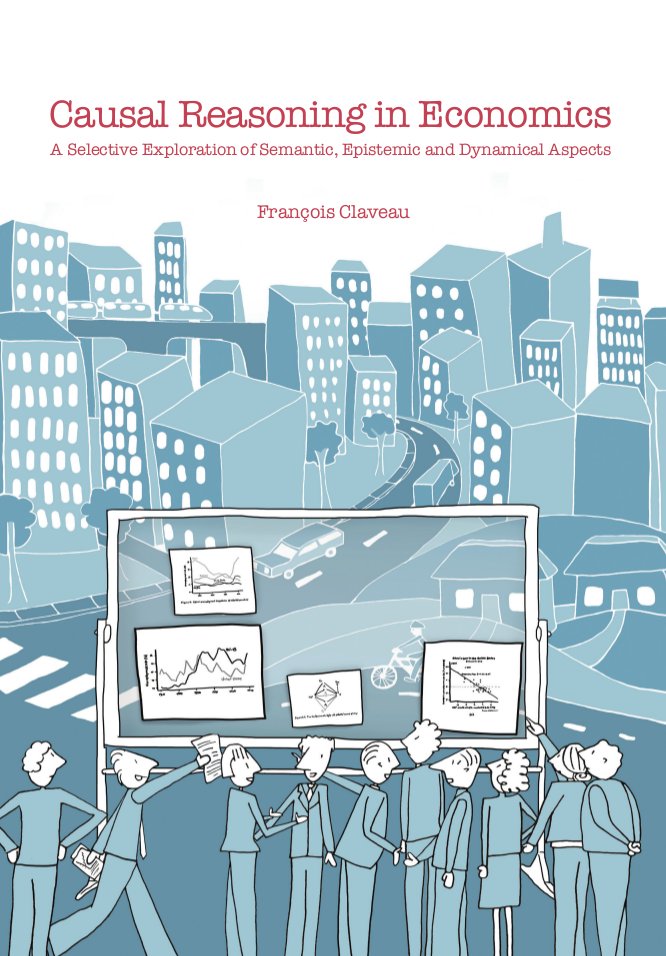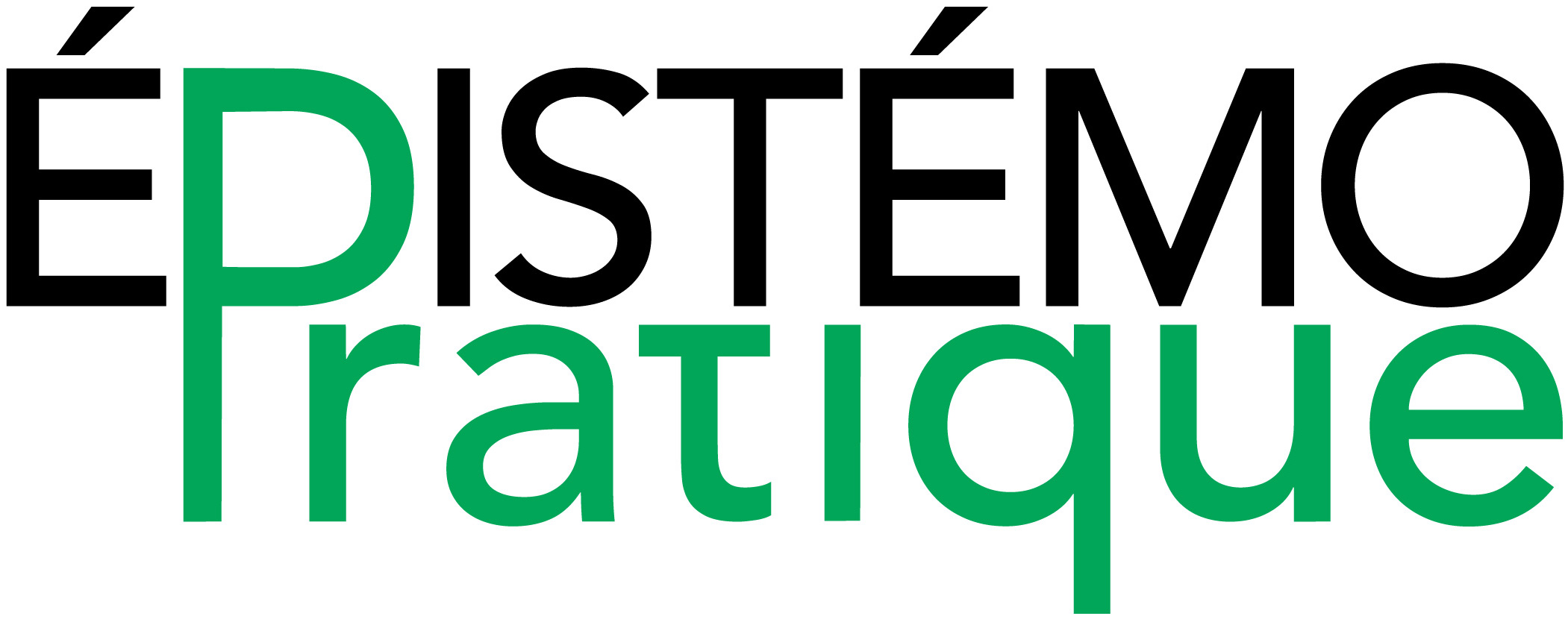Justification par amalgamation d’éléments probants | Page 2
La justification par amalgamation d’éléments probants en sciences sociales : conditions de fiabilité
La stratégie de justification par amalgamation d’éléments probants, une stratégie très répandue, consiste à énoncer un ensemble d’éléments hétérogènes qui soutiennent la proposition à justifier. On maintient ensuite que, bien que chaque élément pris individuellement ne soit probablement pas suffisant pour justifier la proposition, la force combinée de l’ensemble est suffisante. Le premier volet de […] Lire la suite
Epistemic Contributions of Models: Conditions for Propositional Learning
Résumé (en) This article analyses the epistemic contributions of models by distinguishing three roles that they might play: an evidential role, a revealing role and a stimulating role. By using an account of learning based on the philosophical understanding of propositional knowledge as true justified belief, the paper provides the conditions to be fulfilled by a model in order […] Lire la suite
The Independence Condition in the Variety-of-Evidence Thesis
Résumé (en) The variety-of-evidence thesis has been criticized by Bovens and Hartmann. This article points to two limitations of their Bayesian model: the conceptualization of unreliable evidential sources as randomizing and the restriction to comparing full independence to full dependence. It is shown that the variety-of-evidence thesis is rehabilitated when unreliable sources are reconceptualized as systematically biased. However, it […] Lire la suite

Causal Reasoning in Economics: A Selective Exploration of Semantic, Epistemic and Dynamical Aspects
The Russo-Williamson Theses in the Social Sciences: Causal Inference Drawing on Two Types of Evidence
Résumé (en) This article examines two theses formulated by Russo and Williamson (2007) in their study of causal inference in the health sciences. The two theses are assessed against evidence from a specific case in the social sciences, i.e., research on the institutional determinants of the aggregate unemployment rate. The first Russo–Williamson Thesis is that a causal claim can only be […] Lire la suite
The Independence Condition in the Variety-of-Evidence Thesis
Evidential Variety as a Source of Credibility for Causal Inference: Beyond Sharp Designs and Structural Models
Résumé (en) There is an ongoing debate in economics between the design-based approach and the structural approach. The main locus of contention regards how best to pursue the quest for credible causal inference. Each approach emphasizes one element – sharp study designs versus structural models – but these elements have well-known limitations. This paper investigates where a […] Lire la suite

